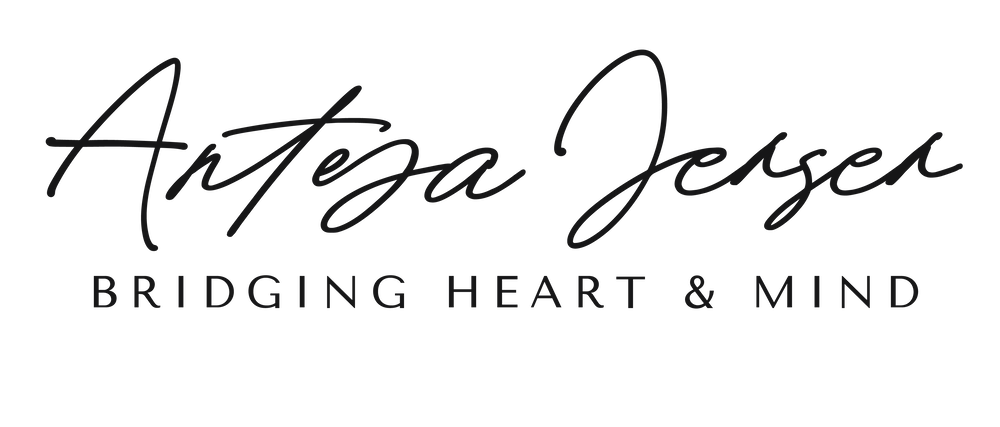Why I don't give advice freely anymore.
As a coach, I often have clients asking me what I think they should do about something in their lives.
They trust my opinion and have hired me because they respect the choices I've made in my own life and the results my other clients have gotten with me. I love it when they ask, because the communication under the communication they are making is one of vulnerability and willingness, every single time.
Just the same, after spending years of my life as a teacher, mentor, and coach, I've started to pay close attention to what people do with my advice.
And now, when people seek advice from me, I usually respond with: "What has you ask?"
I'm genuinely curious to know the response to this question. I like to know what process the people in my life have gone through to ultimately conclude that I'm the person they should go to next, whether they are my clients or not. It's one of the ways I build intimacy.
But more importantly, I want to be sure that my advice is not being used to compensate for limiting beliefs the other person may be running or to otherwise temper some kind of discomfort they don't want to sit with any longer.
Because if that's the case, suddenly my advice becomes a sort of validation of something untrue and unintentional rescuing.
It could be as simple as them believing they are incapable of making the right choice for themselves or can't see past their own indecision.
Or in more complex cases they are attempting to be perfect out of the starting gate to avoid facing anticipated negative reactions from others, totally bypassing the delicious rewards that come from learning by doing.
In either case (and many more), it becomes irresponsible for me to just openly offer my opinion. Because suddenly, my advice serves to **prevent** that person's growth, rather than to foster it, which goes against my own values.
I recall a time in my own life where I never made a decision without asking a hundred people what they thought about it beforehand. And I'm clear that I did that because I didn't believe in myself and needed other people to champion my ideas, so desperate for acknowledgement as I was. I didn't understand at the time that my friends giving me the advice I was asking for ultimately did more to keep me stuck than it did to help me grow.
It took me years to break free from the decision paralysis I acquired from being constantly surrounded by other people who always had an opinion to offer me about my own life.
We've been socially conditioned that one of the ways we show we care for one another is by dishing out endless advice. We also get really resentful when we take the energy to dish it out (sometimes unsolicited!) and then it either isn't used responsibly, or the person we're giving the advice to ultimately doesn't end up listening to us.
The solution to this is to take responsibility for the intention in asking for, and the impact of offering your advice.
Do you give or ask for advice regularly? Have you ever paused to wonder whether your intentions in giving or receiving advice may be related to a limiting story you might be telling yourself or your own perfectionist tendencies?

